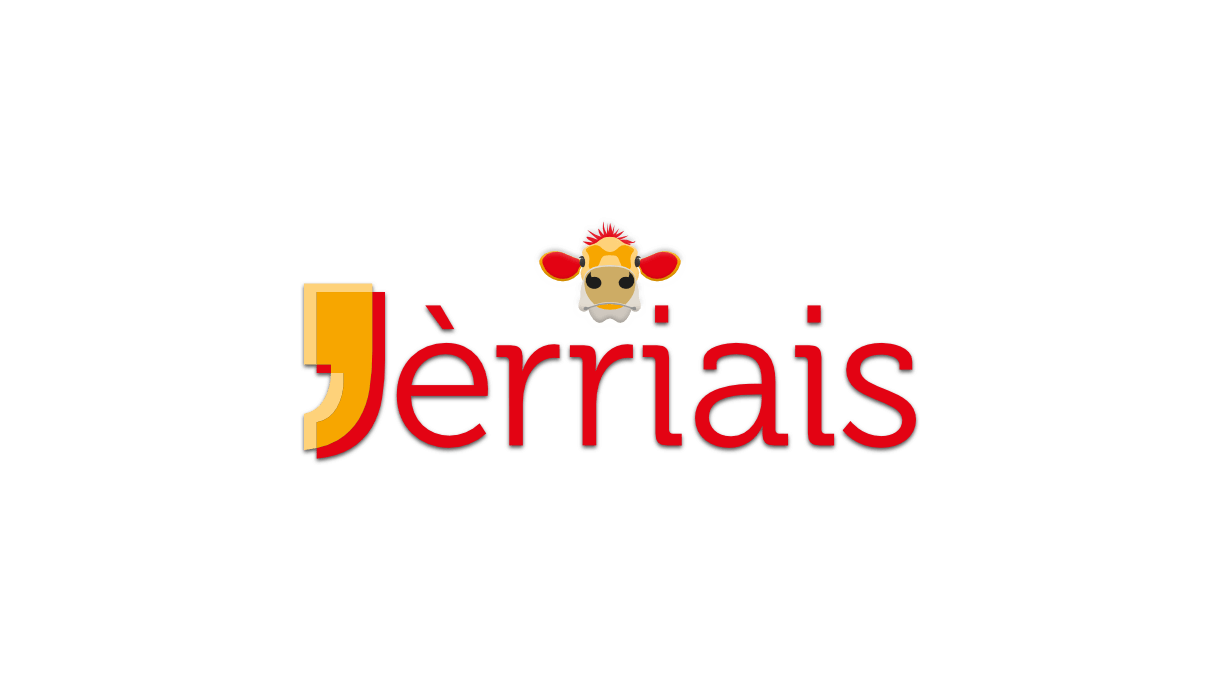Qu’nou n’mênomme pon m’n amour raîque ma manie
ni n’diche qué m’n aimé est eune êmânue;
d’pis qu’ch’est à li qu’mes louanges sont adréchies,
j’y c’menche tréjous, j’m’en d’mente, et j’continnue.
M’n amour est doux aniet, et s’sa doux d’main,
tréjous louoya, et mangnifique à vaie.
Mes vèrsets don d’la louoyauté sont plieins –
remplyis raîque du chein dé tchi qué j’sis d’hait.
Bé, doux, et vrai – né v’là tout chein qu’j’êcris;
bé, doux, et vrai – dé même ou en d’aut’ mots,
et j’sis au d’sans en tâchant d’les changi:
trais thèmes en iun – un trait tchi fait trais cos.
Bé, doux, et vrai – qu’nou trouve à lus tout seu,
mais j’vai chutte sainte Trinn’té dans m’n amouotheux.
Let not my love be call’d idolatry,
Nor my beloved as an idol show,
Since all alike my songs and praises be
To one, of one, still such, and ever so.
Kind is my love to-day, to-morrow kind,
Still constant in a wondrous excellence;
Therefore my verse to constancy confin’d,
One thing expressing, leaves out difference.
“Fair, kind and true,” is all my argument,
“Fair, kind, and true,” varying to other words;
And in this change is my invention spent,
Three themes in one, which wondrous scope affords.
“Fair, kind, and true,” have often liv’d alone,
Which three till now never kept seat in one.


